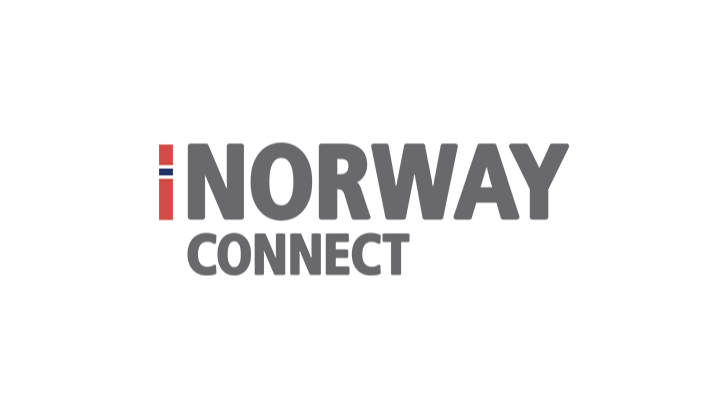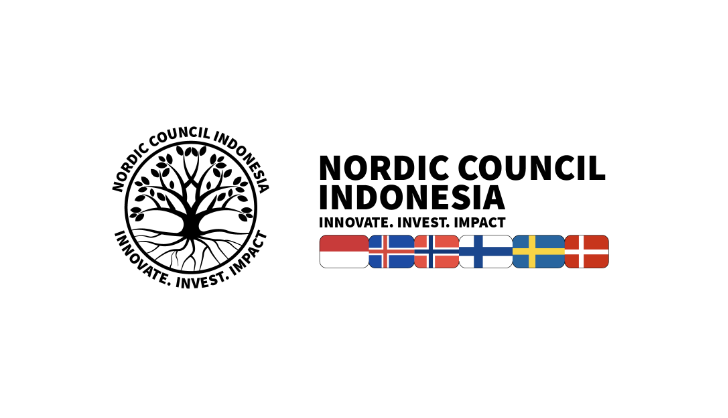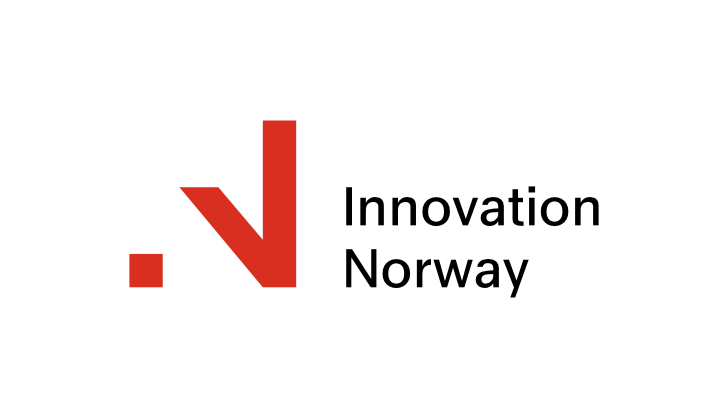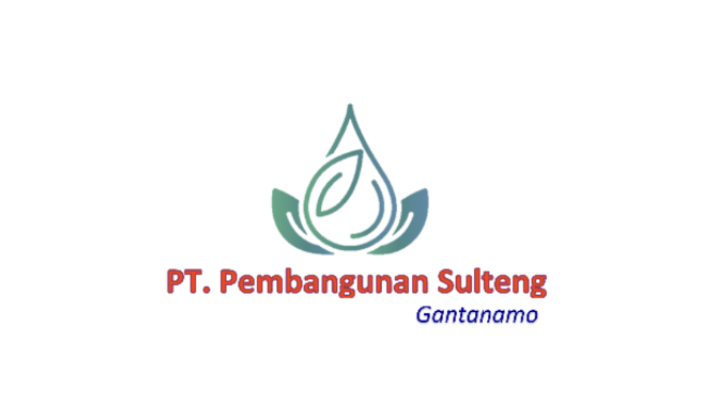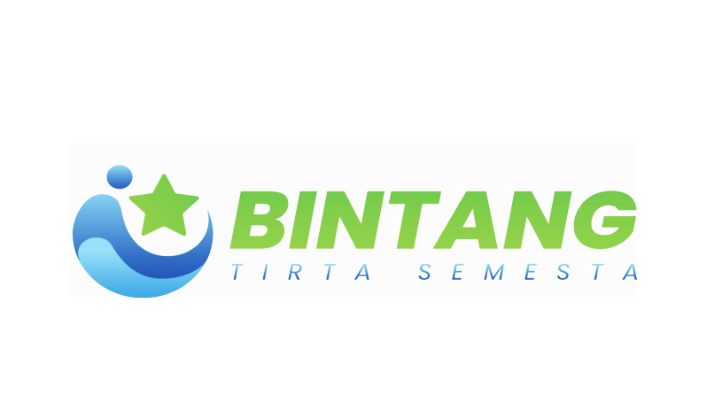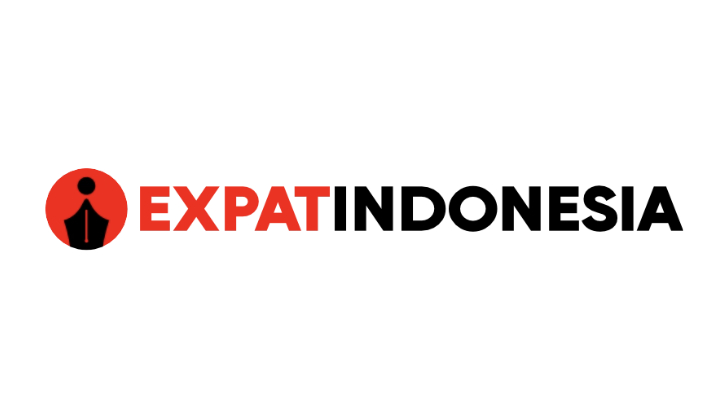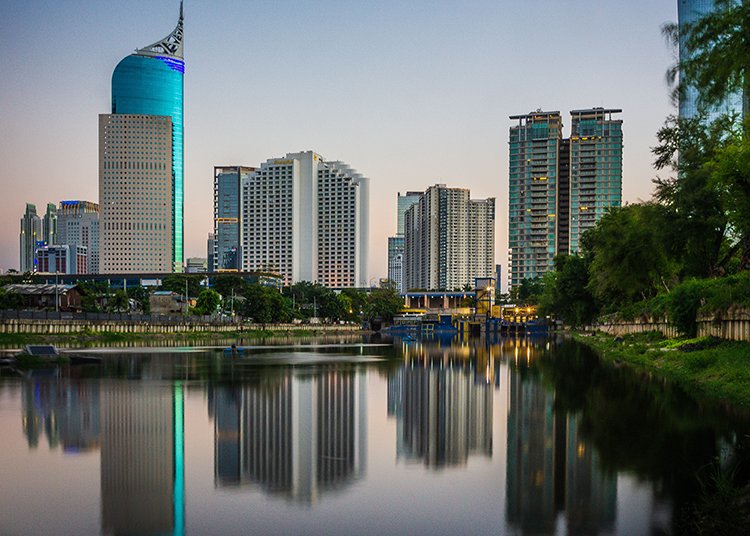
I’ve always associated Sovereign Wealth Funds (SWF) with Norway for some reason, even though more than 90-countries have a version of one. Could be because Norway has the world’s largest SWF, which according to Reuters stands at around USD 1,300,000,000,000. And in case you’re struggling with those zeros, that’s 1.3-trillion dollars. With a ‘T’, which is 1,300 billion! Dollars! US! That’s a lot of money to do things with.
But what is a Sovereign Wealth Fund?
According to the World Economic Forum, a Sovereign Wealth Fund is “simply a mechanism through which countries make investments. A pot of money – often derived from oil or other commodities – that is then invested in shares, bonds, property or other areas of potential growth. Many of the countries that use SWFs have economies that are heavily reliant on one source of income, for example oil revenues in Norway and the Middle East. The investments made through the SWFs are effectively a way for those countries to diversify and become less reliant on a single stream of income.”
Basically it’s a state-owned investment fund, which is supposed to provide benefits to a country’s economy and its citizens by not putting all of its eggs into one basket.
In Norway for example, the SWF is one of the world’s biggest investors in stocks, owning USD 667-billion of shares in over 9,000-companies including Apple and Microsoft say the Sovereign Wealth Institute. That’s around 1.5-percent of all globally listed shares [Reuters].
But the Norwegian government also uses the money to provide a very generous welfare programme, free health and free education for all its citizens. According to Commodity, “the government is in a net asset position, i.e. the government’s total financial assets exceed the total debt. They borrow cheap to then re-invest.”
Indonesia is now following suit with its own take on SWFs, but “unlike many SWF’s set up by wealthy countries to save oil revenues or foreign exchange reserves, the Indonesian fund …is designed to attract foreign firms as co-investors,” says a recent report in Market Screener.
Jakarta Globe are reporting the Indonesian fund, managed by the Nusantara Investment Authority, is aiming to “pool funds from global investors and then channel them to strategic projects across the country, which some analysts suggest could help bridge the mismatch between short-term funds and the long-term funding needs of the country’s construction and infrastructure sectors.”
Raising the bar
And the plan seems to be gaining traction as a second round of financing has just been announced following the realization of the initial tranche of USD 15-billion. The Edge Markets are claiming President Jokowi “is planning to raise his target … to as much as USD 100-billion. Southeast Asia’s largest economy is betting on big-ticket projects to drive a turnaround in the economy.”
Finance Info suggest the Nusantara Investment Authority “has already gained billions of dollars in pledges from the US and Japan, ahead of its operational start in 2021.”
Apparently Luhut Pandjaitan, Minister of Maritime Affairs and Investment has held discussions with the Caisse de Dépôt et Placement du Québec (CDPQ), Canada’s second-largest public pension fund, over potential investments worth up to USD 2-billion, while APG, the biggest pension fund in the Netherlands, had earmarked USD 1.5-billion for the vehicle.
The pension funds would join the US International Development Finance Corporation and the Japan Bank for International Cooperation, which would invest USD 2-billion and USD 4-billion respectively, said Pandjaitan. Indonesia would seed the fund with up to USD 6-billion.”
The Sovereign Wealth Institute suggests that SWFs are increasingly taking a deeper look into ESG and sustainable investments, particularly in renewable energy. ESG is defined as sustainable investing, responsible investing, impact investing, or socially responsible investing. They say “despite the gloomy coronavirus lockdowns, sovereign wealth funds continue to allocate mounds of capital into clean tech investments. Sovereign investors are backing both new green technologies, while supporting large-scale solar and wind power plants.”
It all sounds very encouraging, especially because Indonesia offers significant investment opportunities in renewable energy, infrastructure, education, Digital/ Tech, health, eco-conscious initiatives and waste management.
Seven Stones Indonesia
At Seven Stones Indonesia we believe in the power of a positive mindset. We believe in helping our clients, partners and communities create a better world and to focus on what matters most to them. We deliver solutions, peace-of-mind and we help businesses grow, which is why we encourage our partners to use these extraordinary times to determine what can be done more efficiently and to best prepare for the future.
That doesn’t mean we’re burying our heads in the sand and ignoring reality – quite the opposite. We see where the problems and road blocks are but we’re also seeing opportunities; opportunities to focus on quality instead of quantity; opportunities to create and develop alternative energy and manage waste; opportunities to improve infrastructure and opportunities to help build stronger, more sustainable communities through improved education and health.
And for us, if these investments are to have a truly meaningful long-term impact on society and communities, people across the country have to be able to enjoy the economic benefits and feel they have a place at the post COVID-19 table.
2021 is going to be interesting.
Sources: Investopedia, Jakarta Globe, Finance Info, The Edge Markets, Reuters, Market Screener, Commodity, Nasdaq, World Economic Forum, Sovereign Wealth Institute




